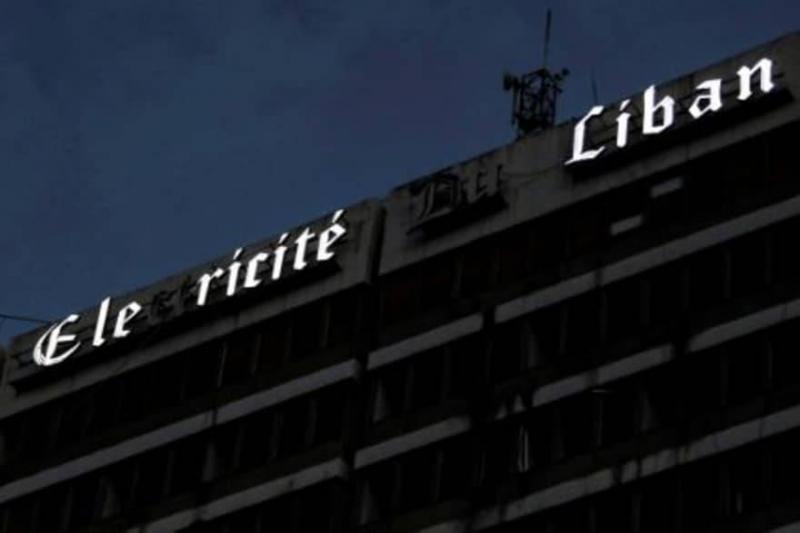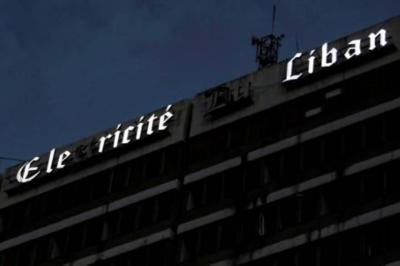One of Lebanon's main thermal power plants will resume operations on Sunday after being halted for two days due to a fuel shortage, while power outages reach up to 22 hours a day in the troubled country. The Lebanese Electricité Company announced on Friday the suspension of operations at the Zahrani plant, one of four main stations in the south of the country, pending the settlement of dues to the supplier to unload its gas oil shipment.
In a statement, the Lebanese Electricité Company announced on Saturday that "foreign correspondent banks have completed the banking procedures for the second part of the gas oil shipment anchored off the Zahrani plant's inlet, and as a result, the supplier has approved the unloading of this section during the afternoon." It added, "Accordingly, the Zahrani plant will be put back into service starting tomorrow (Sunday), after the complete unloading of the tanker into its storage tanks," without providing any information regarding the Deir Ammar plant, which also stopped working on Friday.
These two plants typically provide 40% of the country's electricity, which is facing one of the worst global economic crises since 1850, according to the World Bank. Lebanon has been experiencing a rapid economic collapse since the summer of 2019, exacerbated by the horrific Beirut port explosion on August 4 and measures to combat the COVID-19 virus. The Lebanese currency has lost 90% of its value against the dollar, with more than half of the population living below the poverty line. The country, which lacks foreign currency, is facing shortages in several sectors, particularly in medicines and fuels.
Power rationing reaches up to 22 hours a day, and private generator owners, who provide electricity during outages, have had to reduce service hours due to rising fuel prices caused by reduced government subsidies. Power outages affect commercial activities and the operation of hospitals and public facilities. The government committee responsible for COVID-19 vaccinations announced on Friday that it had canceled an intensive vaccination plan over the weekend due to power outages at most centers.
Reforming the electricity sector, which has cost the state over $40 billion since the end of the civil war (1975-1990), has long been a demand of the international community to unlock vital aid. A complete political stalemate for the past 11 months has prevented the formation of a government to initiate a rescue plan and curb the financial collapse.




